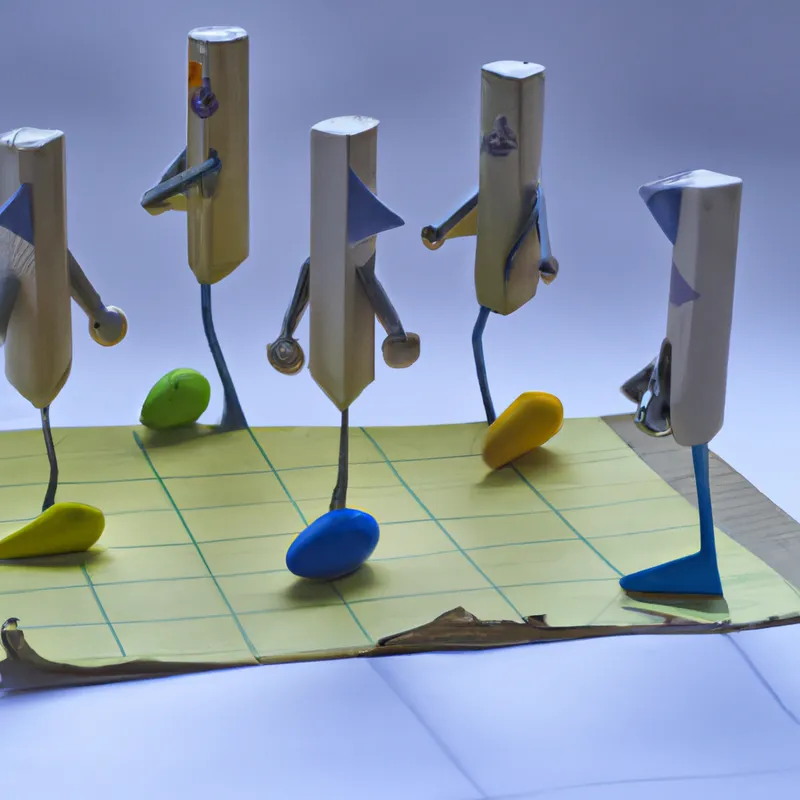Boost Athletic Performance with Mindful Meditation
The Impact of Meditation on Decision-Making in Sports
In sports, every decision matters. Athletes must make quick choices that can change game outcomes. A split-second pass in soccer, a tactical adjustment in basketball, or a strategic move in tennis highlights the importance of decision-making. Recently, meditation has emerged as a powerful tool for enhancing mental clarity and focus. This blog explores meditation’s significant impact on decision-making in sports and offers practical ways for athletes to incorporate this practice into training.
Understanding the Connection Between Meditation and Decision-Making
Meditation fosters mindfulness, helping athletes stay engaged in the moment. Mindfulness allows athletes to focus during high-pressure situations, reducing mental errors. Athletes learn to control thoughts and emotions through meditation, which improves cognitive functioning.
Meditation also reduces stress. Pressure in sports can lead to anxiety and fear of failure. Lower stress levels enhance cognitive function, allowing athletes to think clearly and respond quickly. This clarity helps athletes make better decisions during critical moments, reducing impulsive choices that hinder performance.
The Science Behind Meditation’s Effectiveness
Research shows meditation can change the brain’s structure and function. Neuroimaging studies demonstrate that regular meditation increases the prefrontal cortex’s thickness, an area responsible for decision-making and impulse control. Meditation links to increased gray matter density in regions associated with memory, attention, and self-awareness. These changes enhance athletes’ abilities to process information and make swift, accurate decisions.
Mindfulness meditation improves working memory and cognitive flexibility. These skills help athletes adapt strategies in real-time during games. Practicing meditation cultivates the mental resilience athletes need to thrive in competition.
Tips for Incorporating Meditation into Training
Integrating meditation into training can be simple and effective. Here are practical tips for getting started:
1. Start Small
Begin with five minutes of meditation daily. Gradually increase the duration as comfort grows. Starting small helps build a consistent habit.
2. Choose the Right Environment
Find a quiet space free from distractions. A peaceful setting allows for deeper concentration. Consider using headphones with calming music or nature sounds to enhance the ambiance.
3. Focus on Breath
Concentrate on your breath during meditation. Inhale deeply through the nose and exhale slowly through the mouth. This focus centers the mind and grounds the athlete.
Conclusion
Meditation significantly impacts decision-making in sports. Athletes can enhance their mental clarity and focus by incorporating meditation into their training routines.
Below are related products based on this post:
FAQ
How does meditation improve decision-making in sports?
Meditation enhances decision-making by fostering mindfulness, which helps athletes stay present and focused during high-pressure situations. This mental clarity reduces errors and impulsive choices, allowing for better decision-making during critical moments in sports.
What scientific evidence supports the benefits of meditation for athletes?
Research indicates that meditation can alter the brain’s structure and function, particularly increasing the thickness of the prefrontal cortex, which is crucial for decision-making and impulse control. Studies also show increased gray matter density in areas linked to memory, attention, and self-awareness, all of which contribute to improved cognitive functioning in athletes.
What are some practical tips for athletes to start meditating?
Athletes can start meditating by beginning with just five minutes a day and gradually increasing the duration. It’s important to choose a quiet environment free from distractions and to focus on breathing deeply, which helps center the mind and enhances the meditation experience.















Post Comment